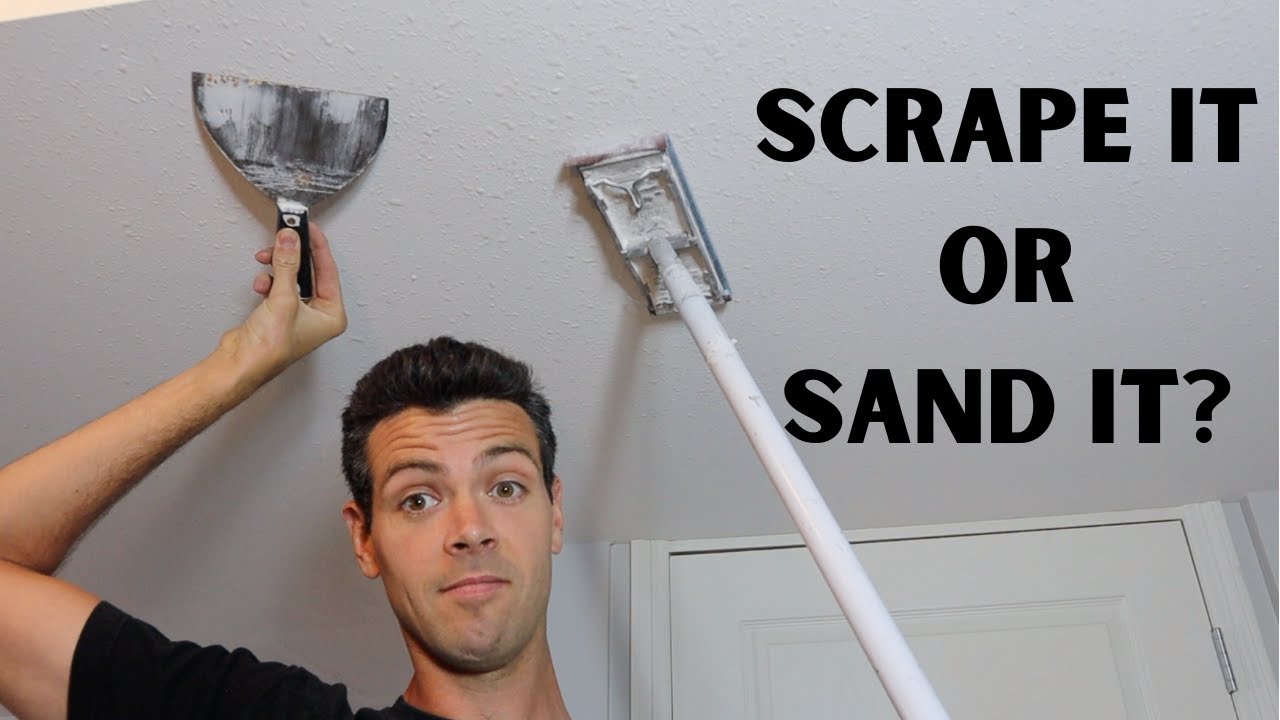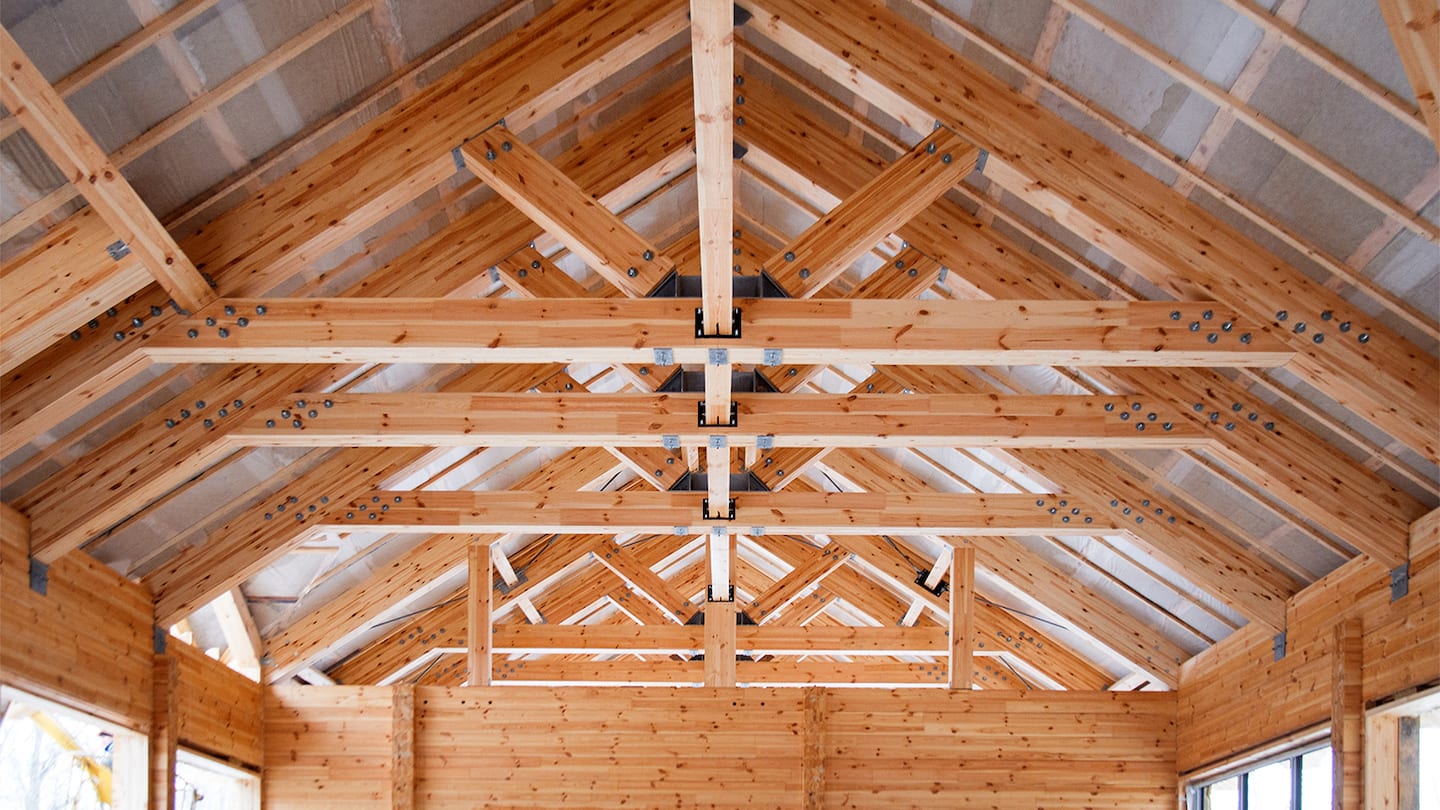
The best drywall sanders aren't just heavy duty. They can also be used for fun and function. Gleason 6A and 7A750W models are some of the best. Some models even include a sanding toothbrush. There are other options available. And while they don't have the brand name cachet, you can still pick up some quality for a fraction of the cost. For example, Harbor Freight recently rolled out a couple of new sanders that were worth a look.
For instance, the Harbor Freight 5A 9 inch variable-speed drywall sander may be the first of its kind on the market. It's light enough to handle most jobs, but big enough to handle some of the heavier stuff. You will also find a hose for attaching to your shopvac. Of course, you're not going to want to drag a full-sized sander around the house, so having a portable solution on hand is key.
On the other hand, the Hyde mtm is the sanding tool for the masses. This machine is so versatile that it comes with a bag to tote your dusty wares. It is compatible with standard-sized brooms making it a sanding/cleaning machine in one. The sander is dust-free, although it's not perfect.
As a bonus, the sander has a clever sleeve to keep it neat, so you can get down to the business of sanding. It's also a great contender for the best wall sander. You may find it a bit difficult to hold if not a natural born tool hog.

FAQ
How can you remodel a house without spending any money?
These are the steps to follow when renovating your house without spending a lot of money.
-
Create a budget plan
-
Learn what materials are needed
-
Decide where you want them to go
-
Make a list with the items you need to purchase
-
Figure out how much money you have available
-
Plan your renovation project
-
Start to work on your plans
-
Online research is a good idea.
-
Ask friends and family to help
-
Be creative!
How long does it take for a home to be renovated?
It depends on the size of the project and the amount of time that you spend each day. The average homeowner spends between three to six hours per week on the project.
How Much Does it Cost to Renovate a House?
The cost of renovations depends on what material is used, the size of project and how complicated the job is. Wood, for example, requires additional tools such as saws and drills. Steel, however is not so dependent. The price for renovations will also vary depending on whether you would like your contractor to do all of the work for you or if it is something you prefer.
The average cost of home improvement projects ranges from $1,000 to $10,000. If you plan to hire professionals, the total cost would range from $5,000 to $25,000. You could also spend as much as $100,000 if you do it all yourself.
You should know that there are many factors which determine the final cost of renovation. The type of material used (e.g. Brick vs. concrete, the project's size, the number and duration of workers, etc. These factors must be taken into consideration when estimating the cost of renovation.
How do I select a competent contractor?
When choosing a contractor, ask friends and family members for recommendations. Look online reviews as well. Make sure that the contractor you choose has experience in the area of construction that you are interested in. Refer to previous clients and verify their references.
Statistics
- A final payment of, say, 5% to 10% will be due when the space is livable and usable (your contract probably will say "substantial completion"). (kiplinger.com)
- Most lenders will lend you up to 75% or 80% of the appraised value of your home, but some will go higher. (kiplinger.com)
- On jumbo loans of more than $636,150, you'll be able to borrow up to 80% of the home's completed value. (kiplinger.com)
- It is advisable, however, to have a contingency of 10–20 per cent to allow for the unexpected expenses that can arise when renovating older homes. (realhomes.com)
- Design-builders may ask for a down payment of up to 25% or 33% of the job cost, says the NARI. (kiplinger.com)
External Links
How To
How to renovate an older house
To begin with, I would suggest that you should first determine what type of renovation project you want to undertake. This could be as simple as updating your kitchen equipment or completely renovating your entire home.
Once you've decided what sort of renovation you want to carry out, then you need to think about how much money you have available to spend. You might find that you don't actually have enough funds to cover the full cost of the entire project. If this is the case, then you need to make some tough decisions about which areas of the house you can afford to improve and which ones you can't.
If you decide that you're going to go ahead and carry out renovations, then there are several things that you need to consider before starting work. You must ensure you have all the permits needed for the job. You should also check whether you require planning permission for certain types of work. To add extensions to your home or make other changes, you might need building consent.
Before you begin to renovate your house, make sure to check with the local authority to confirm that they do not require additional permits. Make sure you check whether each section of the house needs to be given planning permission. You might also need to check with your insurance provider if you are undertaking major work such as installing a roof.
The next step after obtaining all necessary permits is to pick the right materials and tools for the job. There are many options so make sure you take your time and research each one thoroughly. You will use paint, wallpaper paste or flooring for your renovations.
It is important to evaluate the quality of these items when you are shopping for them. Quality products last longer than cheaper products and are less expensive. It is important to buy the right amount of anything when buying. Don't buy too many because you could end up wasting precious resources and having to discard large quantities of material. Instead, make sure you only purchase what you really need.
Once you've decided on the materials you want to use, you must plan where you'll keep them while you are working on the property. If you're remodeling a large portion of the house, you may need to rent storage space to store your materials until you're ready for them to be returned inside. You might also consider asking family and friends to move your belongings around.